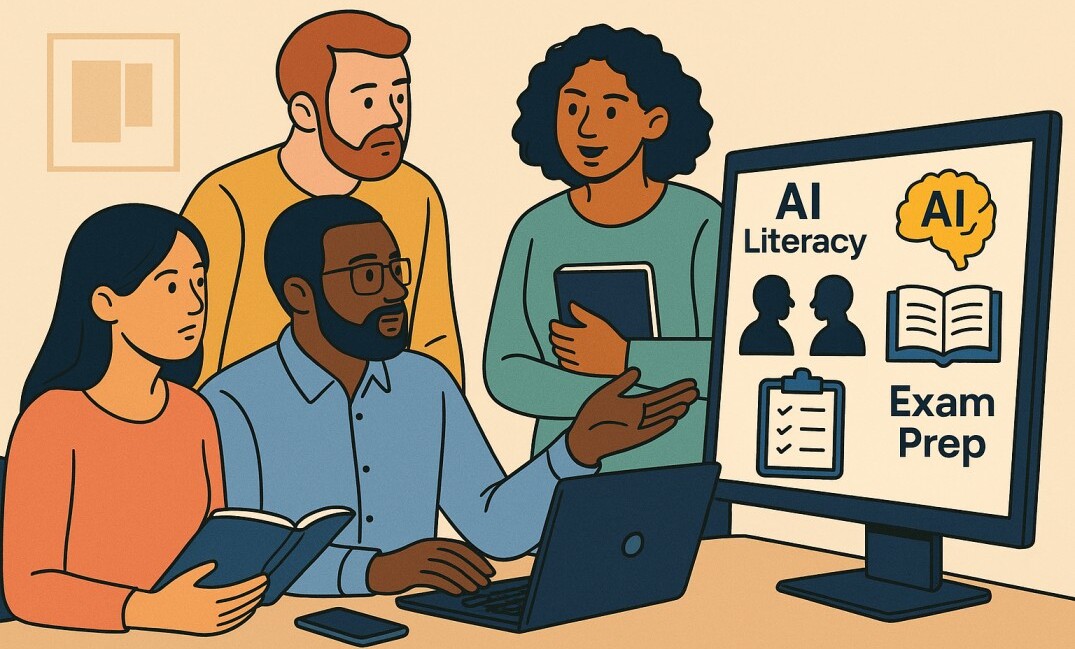The field of behavioral health is undergoing a significant transformation driven by Artificial Intelligence (AI). From AI-powered diagnostic tools to virtual reality exposure therapy, AI is reshaping how mental healthcare is delivered. As these technologies become integrated into clinical practice, it is crucial that behavioral health education programs prepare students for this evolving landscape. This involves developing AI literacy and ensuring students are equipped to navigate the challenges of licensure.
🧠 The Imperative of AI Literacy
AI literacy extends beyond the ability to use specific software tools. It encompasses an understanding of how AI works, its potential benefits and risks, and the ethical implications of its use. For behavioral health professionals, AI literacy involves:
- Critical Evaluation of AI Tools: Students must learn to critically evaluate the validity, reliability, and potential biases of AI-generated information. They need to understand that AI is a tool to augment, not replace, clinical judgment.
- Ethical Decision-Making: The integration of AI raises complex ethical questions regarding data privacy, algorithmic bias, transparency, and the essential need to maintain the human connection within the therapeutic relationship (Ahmad & Al-Dawsari, 2025). Training programs must equip students to navigate these dilemmas responsibly.
- Adapting to New Technologies: Students need to develop the skills and mindset needed to adapt to new technologies and integrate them effectively into their practice.
By integrating AI tools into the curriculum—such as AI simulations and supervision aids—universities can provide students with hands-on experience, fostering AI literacy.
📘 AI-Powered Exam Preparation: Enhancing Readiness for Licensure
Behavioral health programs also have a responsibility to support students' journey toward licensure. Passing licensure exams (e.g., NCE, NCMHCE, AMFTRB, ASWB) is a critical step that requires extensive preparation.
AI-powered exam preparation tools offer a personalized and efficient approach to studying for these high-stakes exams, leveraging adaptive learning technology:
- Personalized Learning Paths: AI algorithms can analyze a student's performance and identify specific knowledge gaps, generating a personalized learning path focused on areas needing improvement.
- Targeted Practice and Feedback: AI tools can provide unlimited practice questions that mimic the format of the actual exam, along with immediate feedback and explanations.
- Simulating the Exam Experience: AI tools can help students develop test-taking strategies and reduce anxiety.
- Data-Driven Insights: AI platforms provide students and faculty with detailed progress data, enabling targeted interventions.
✅ Conclusion
The future of behavioral health is linked with the advancement of AI. By prioritizing AI literacy and leveraging AI-powered tools for exam preparation, behavioral health education programs can equip students with the knowledge, skills, and confidence needed to thrive in this evolving landscape. Preparing students for the AI-integrated workforce is about fostering the critical thinking and adaptability needed to provide high-quality care in the digital age.
🚀 Prepare Your Students for the Future
To learn how THT’s comprehensive AI for Universities program can support AI literacy and clinical readiness, contact me, Raymond Barrett, Founder and CEO, for a consultation or demonstration.
📚 References
- Poudel U, Jakhar S, Mohan P, Nepal A. AI in Mental Health: A Review of Technological Advancements and Ethical Issues in Psychiatry. Issues Ment Health Nurs. 2025 Jul;46(7):693–701. https://doi.org/10.1080/01612840.2025.2502943.
